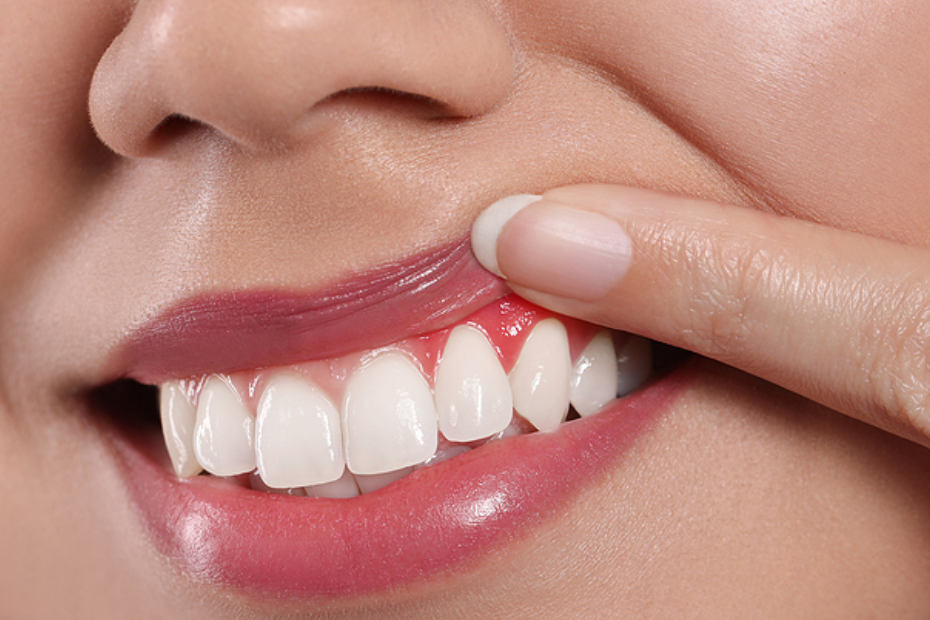When it comes to dental care, there’s so much advice available, but the issue is that not all of it is accurate. Misinformation can lead to poor dental habits and potentially poor decisions, including long-term damage to your teeth. In our blog, we’re setting out to debunk the top 10 dental care myths to help you navigate your way to a healthier smile.
1. Myth: Brushing Harder Cleans Better
Many people believe that brushing with force removes more plaque and debris. However, aggressive brushing can harm your teeth and gums, as it can wear down the enamel on your teeth, irritate gums, and lead to tooth sensitivity.
Fact: Use a soft-bristled toothbrush and brush gently in circular motions.
2. Myth: Sugar Is the Only Cause of Cavities
While sugar is often blamed for cavities, it’s not the sole cause. Cavities form when bacteria in the mouth produce acid, which erodes tooth enamel. While sugar feeds this bacteria, other foods such as bread, pasta, and crisps contribute to cavity formation.
Fact: A balanced diet and regular brushing are key to preventing cavities. Aim to limit snacking between meals and maintain good oral hygiene.
3. Myth: You Only Need To See a Dentist If You Have a Problem
Some people avoid regular dental check-ups because they believe it’s unnecessary unless there’s pain or visible issues.
Fact: Regular dental visits help prevent problems before they become severe. Dentists are able to catch early signs of decay, gum disease, or even oral cancer, allowing for timely intervention.
4. Myth: Flossing Isn’t Necessary
There’s a common misconception that brushing alone is enough to maintain oral health, when in fact this is not true.
Fact: Flossing is crucial for removing food particles and plaque between teeth that your toothbrush is unable to reach. Skipping flossing increases your risk of gum disease and cavities in those hard-to-reach areas.
5. Myth: Whitening Toothpaste Damages Teeth
Many people are afraid that whitening toothpaste will erode the enamel on their teeth over time.
Facts: Most whitening toothpastes are safe when used as directed, as they only contain mild abrasives that help remove surface stains; however, they won’t change the natural colour of your teeth. For more dramatic results, consult your dentist about professional teeth-whitening options.
6. Myth: Bleeding Gums Are Normal
If your gums bleed while brushing or flossing, you may think it’s normal. However, this is not normal; it’s a sign of gum irritation or even early gum disease (gingivitis).
Facts: Healthy gums shouldn’t bleed, and if you notice bleeding, it’s time to improve your oral care routine or consult your dentist.
7. Myth: Baby Teeth Don’t Matter
Some parents assume that since baby teeth fall out, they don’t require as much attention as adult teeth.
Fact: Baby teeth are essential for your child’s development as they help with chewing, speaking, and guiding permanent teeth into their correct positions. Neglecting baby teeth can lead to premature loss, which can cause alignment issues later on.
8. Myth: You Can Stop Cavities Once They’ve Started
Once a cavity forms, many people believe that better brushing and flossing can reverse it.
Fact: Cavities can’t heal on their own. Despite good oral hygiene being able to stop them from worsening, you’ll still need a dentist to treat the decay through fillings or other procedures.
9. Myth: Dental Health Doesn’t Affect Overall Health
There’s a widespread belief that oral health is separate from overall health, but that couldn’t be further from the truth as they’re tied together.
Fact: Poor dental health is linked to numerous conditions like heart disease, diabetes, and respiratory infections. Taking care of your mouth is vital for maintaining your overall well-being.
10. Myth: Bad Breath Means You’re Not Brushing Enough
While poor oral hygiene can cause bad breath, it’s not the only reason why it could happen. Chronic bad breath can also be a sign of other health issues such as gum disease, dry mouth, or even systemic conditions like diabetes.
Fact: If you consistently have bad breath despite regular brushing and flossing, it’s best to consult a dentist. They can identify any underlying causes and recommend appropriate treatments.
Good dental habits are crucial for maintaining a healthy smile and overall wellness, but it’s important to separate the truth from myths regarding your dental care. Debunking these common dental care myths can help you to take better control of your oral health and make informed decisions. If you’re looking for advice or a dental check-up, contact us today to make an appointment with our expert and friendly team!

